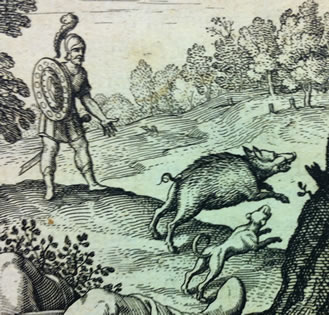The British Animal Studies Network emerged out of a recognition that a growing number of scholars were researching human-animal relations from a number of different humanities and social sciences disciplines at a number of different institutions within the UK and beyond, and that ideas from one discipline were influencing and expanding the range of others in massively productive ways. As well, it was recognised that this focus on nonhumans might be both enriched by contact with, and in turn enrich the work of, those outside of academia - in NGOs, museums, and so on.

While academic colleagues are meeting at the increasing number of conferences on animal-related themes it is clear that such contacts, which are short in duration, do not allow for long-term discussions and collaborations to take place. Where edited collections and special issues of journals are bringing together work from different disciplines more and more frequently, such publications do not allow for conversations between essays. And such conversations are vital for the continuing development of animal studies as an area of academic inquiry.
The reason for this is obvious: animals are present in many and varied areas of human lives: as workers, objects for scientific inquiry, characters in stories, images, companions, food. To analyse the human relationship with and perception of animals (which, broadly speaking is the focus of animal studies) therefore requires interdisciplinary work. A literary scholar must have a sense not only of the genre of their primary materials, but also of contemporary biological and philosophical ideas; an anthropologist’s thinking must be informed by primary research in the culture of study, but also of ideas ranging from the theological to the zoological.
Having a regular opportunity to meet with colleagues working in different academic disciplines to discuss the same topic has always been invaluable in animal studies and BASN allowed for a formalising of such meetings.